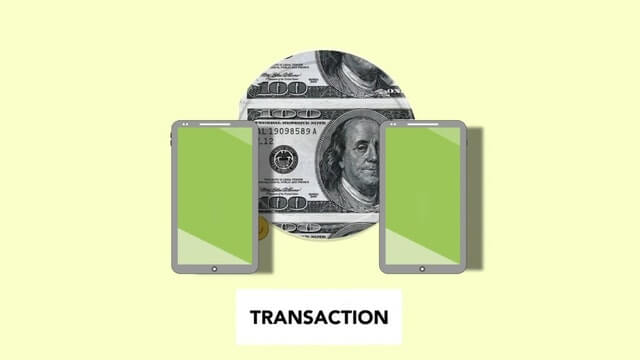Technology has brought our world to great heights. It has changed how we operate, how we approach tasks, and how we communicate. One of the ways technology has made our lives easier is by providing us with faster means of doing business. For instance, digital peer-to-peer (P2P) payment methods such as Venmo and Paypal have simplified financial transactions with just a few taps on our mobile devices. While P2P payment methods may be convenient for many business transactions, they may not be the best option for rent collection.
First, let us consider why landlords and tenants may think a digital P2P payment method is a good option.
Pros of Digital P2P Payments
User-Friendly
People who grew up in the digital age can easily navigate through applications for digital payments. They can almost do it with their eyes closed. As mentioned earlier, it just takes a few taps on their phones to send payment. Tenants can also transact confidently because their bank and credit card details are secured with encryption.

Business Account Options
While some digital P2P methods offer business account options with protection plans for business transactions, real estate payments are not always included in the scope of protection.
More than one payment method
You can link your digital wallet to your credit card or debit card. Your existing balance may also be used for payments.
Free transfers
Transferring money from one account to another is free in many cases.
Roommates can send payments separately.
For tenants who share the rental property as roommates, it may be convenient for them to pay using P2P payment methods because they can send their share of the rent directly to the landlord. They no longer need to wait for each other.
Cons of Digital P2P Payments
While there are many reasons for digital P2P payment to be an attractive means for rent collection, there are disadvantages that one should consider.
Business fees
While transferring money for non-business transactions is free, sending rent payments to a landlord may incur costs like business fees since they are considered “goods and services.” The rate may vary from one method to another.

Other fees
There may also be other fees a user has to pay. Credit card use may incur a charge with the bank or with the platform. Instant transfers may also cost money.
Troublesome Settling of Disputes
It may be difficult to file for disputes because you can’t easily report an issue to a human representative without going through bots. Settling disputes may also take a lot of time to get resolved. Another problem is that they would often favor the sender in most cases.
Correcting payment errors
Some platforms do not allow payment cancellations. If a tenant sends an incorrect amount, it may cause hassle for the rent collector.
Can’t report to Credit Bureaus
There is no means to report payments to credit bureaus. It gives an unfair advantage to tenants because their credit scores will not be affected by late payments. However, on the other hand, their on-time payments will not positively impact their credit score, which could be helpful for their future financial ventures and endeavors.

Alternatives
While landlords may still opt to use digital P2P payment methods for rent collection, it would be beneficial to consider other options that can help them with the same goal but with fewer risks, such as:
- Bank Deposit Slips
- Direct deposit
- Drop-Off Box
- Face-to-Face payments
- Software Designed for Rent Collection
As a rental agent, it is best to discuss with your landlord clients what payment method they use and what they don’t want to use for rent collection. When you publish a listing on platforms like Padleads and syndicate it to other high-traffic websites, all applicants would most likely ask you about rental payments. You should be able to make it clear to them from the get-go.